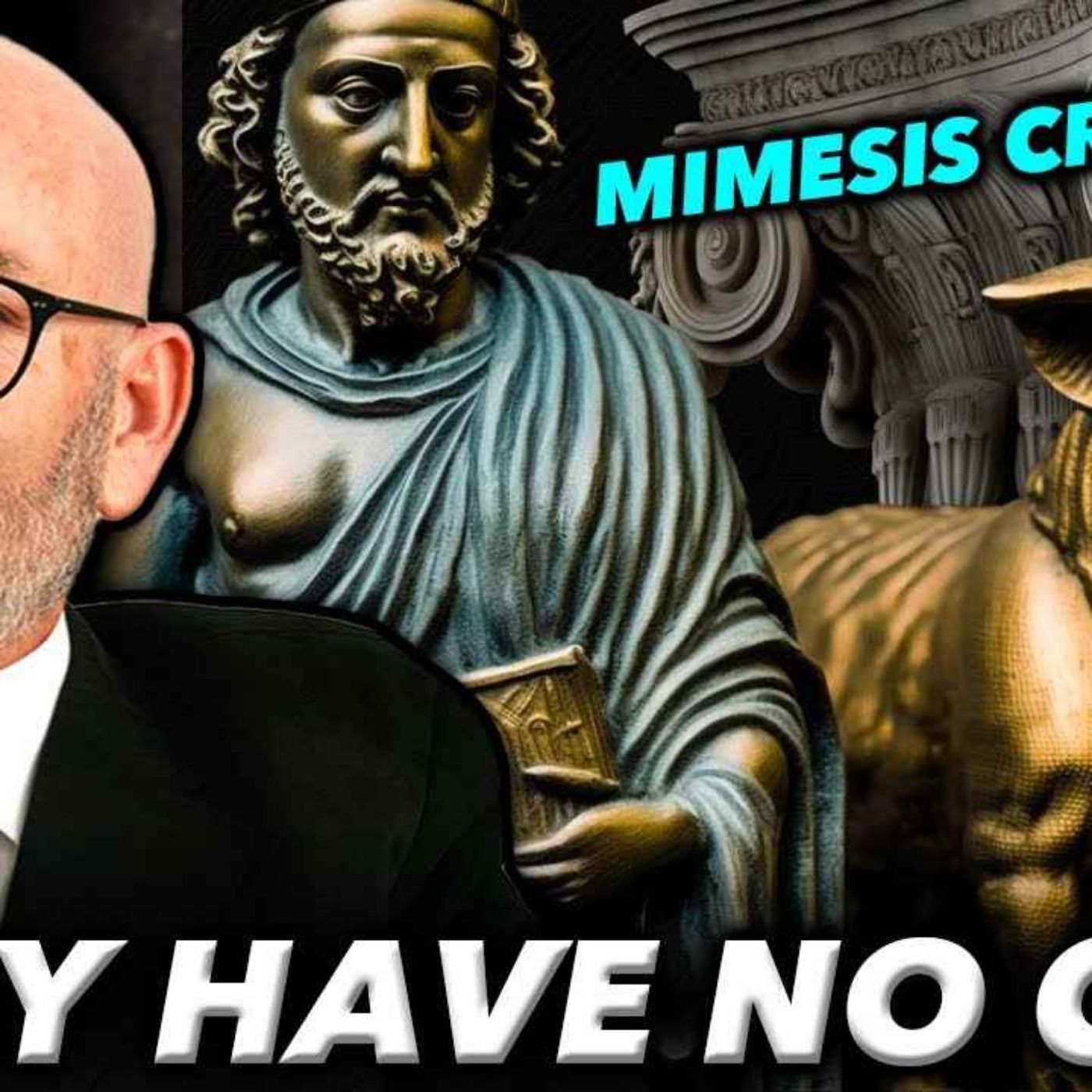Mar 05 2024 23 mins
Mimesis criticism is a method of interpreting texts in relation to their literary or cultural models. Mimesis, or imitation (imitatio), was a widely used rhetorical tool in antiquity up until the 18th century's romantic emphasis on originality.
Mimesis criticism looks to identify intertextual relationships between two texts that go beyond simple echoes, allusions, citations, or redactions. The effects of imitation are usually manifested in the later text by means of distinct characterization, motifs, and/or plot structure. As a critical method, mimesis criticism has been pioneered by Dennis MacDonald, especially in relation to New Testament and other early Christian narratives imitating the "canonical" works of Classical Greek literature.
Try Audible:- https://www.audibletrial.com/c/3690203/1059363/12951Affiliate Disclosure: This podcast contain audible affiliate link and I will be compensated if you make a purchase after clicking on my links.
Hosted on Acast. See acast.com/privacy for more information.
Mimesis criticism looks to identify intertextual relationships between two texts that go beyond simple echoes, allusions, citations, or redactions. The effects of imitation are usually manifested in the later text by means of distinct characterization, motifs, and/or plot structure. As a critical method, mimesis criticism has been pioneered by Dennis MacDonald, especially in relation to New Testament and other early Christian narratives imitating the "canonical" works of Classical Greek literature.
Try Audible:- https://www.audibletrial.com/c/3690203/1059363/12951Affiliate Disclosure: This podcast contain audible affiliate link and I will be compensated if you make a purchase after clicking on my links.
Hosted on Acast. See acast.com/privacy for more information.
